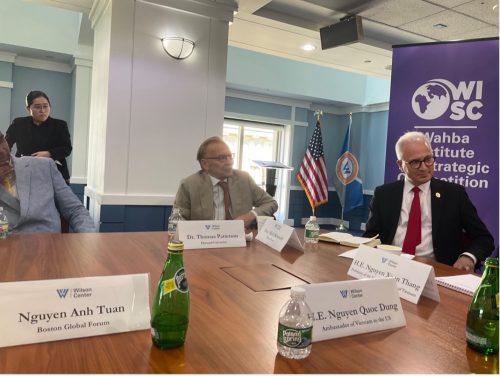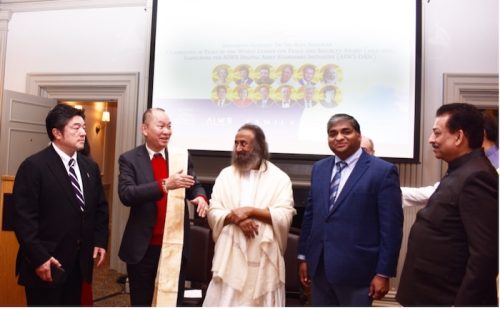The upcoming Spanish translation of “The Book of Why” was announced in July, 2020. It has been shown that the current data-fitting direction taken by “Data Science” is temporary, that the future of “Data Science” lies in causal data interpretation and that we should prepare ourselves for the backlash swing.
Much has been said about how ill-prepared our health-care system was in coping with catastrophic outbreaks like COVID-19. Yet viewed from the corner of my expertise, the ill-preparedness can also be seen as a failure of information technology to keep track of and interpret the outpour of data that have arrived from multiple and conflicting sources, corrupted by noise and omission, some by sloppy collection and some by deliberate misreporting, AI could and should have equipped society with intelligent data-fusion technology, to interpret such conflicting pieces of information and reason its way out of the confusion.
Speaking from the perspective of causal inference research, Professor Judea Pearl has been part of a team that has developed a complete theoretical underpinning for such “data-fusion” problems; a development that is briefly described in Chapter 10 of The Book of Why. A system based on data fusion principles should be able to attribute disparities between Italy and China to differences in political leadership, reliability of tests and honesty in reporting, adjust for such differences and automatically infer behavior in countries like Spain or the US. AI is in a position to to add such data-interpreting capabilities on top of the data-fitting technologies currently in use and, recognizing that data are noisy, filter the noise and outsmart the noise makers.
“Data fitting” is frequently use to characterize the data-centric thinking that dominates both statistics and machine learning cultures, in contrast to the “data-interpretation” thinking that guides causal inference. The data-fitting school is driven by the faith that the secret to rational decisions lies in the data itself, if only we are sufficiently clever at data mining. In contrast, the data-interpreting school views data, not as a sole object of inquiry but as an auxiliary means for interpreting reality, and “reality” stands for the processes that generate the data.
“The Book of Why” book from Professor Pearl was highly acclaimed with the praise by Dr. Vint Cerf, Chief Internet Evangelist at Google Inc. and World Leader in AI World Society (AIWS) award, “Pearl’s accomplishments over the last 30 years have provided the theoretical basis for progress in artificial intelligence… and they have redefined the term ‘thinking machine.'” In 2011, Professor Pearl also received the Turing award from Association for Computing Machinery (ACM), which is the highest distinction in computer science, “for fundamental contributions to artificial intelligence through the development of a calculus for probabilistic and causal reasoning”. His work will contribute to AI transparency, which is one of important AIWS topics to identify, publish and promote principles for the virtuous application of AI in different domains including healthcare, education, transportation, national security, and other areas.
The original article can be found here.










